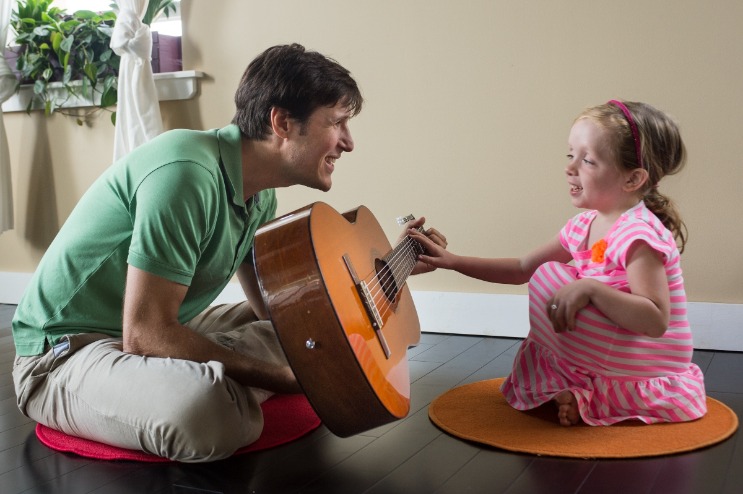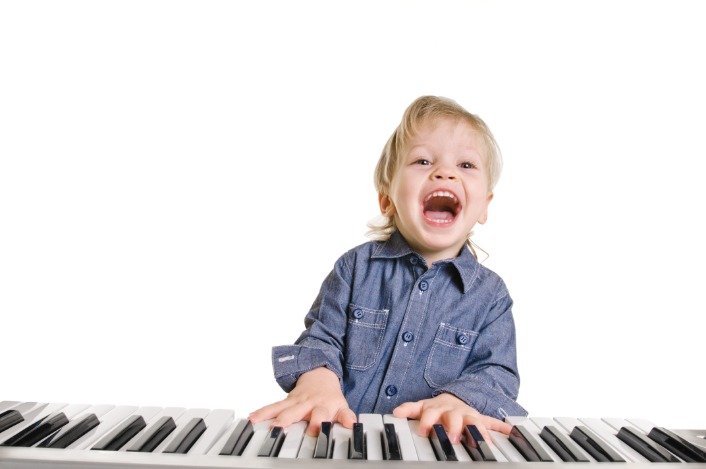Music has long been considered a universal language, capable of bridging numerous communication barriers. This power is especially potent when used as a tool for children with autism. Among the various musical instruments, the piano stands out as an effective medium for enhancing cognitive and emotional development in these children. Piano lessons for Autism offer a myriad of benefits that help in improving the overall quality of life for children on the spectrum.
The Therapeutic Benefits of Piano Lessons
Piano lessons provide a structured learning environment that can significantly benefit children with autism. The repetitive nature of practicing scales and melodies can help in building strong neural connections. More importantly, the act of playing the piano requires both fine and gross motor skills, contributing to the development of these crucial abilities.
Enhancing Communication Skills
One of the primary challenges faced by children with autism is difficulty in communication. Piano lessons for Autism can aid in bridging this gap. Music encourages non-verbal communication, offering an alternative means for children to express their emotions and thoughts. Over time, engaging in musical activities can also lead to improvements in verbal communication.
Improving Focus and Attention
Children with autism often struggle with maintaining focus and attention. Learning to play the piano demands a certain level of concentration, and consistent practice can significantly improve these skills. The structured nature of piano lessons for Autism can help in honing attention, making it easier for children to concentrate on other tasks as well.
Choosing the Right Instructor
The success of piano lessons for Autism heavily depends on the expertise and approach of the instructor. It is essential to find a teacher who not only understands the technicalities of piano playing but also possesses a deep understanding of autism. Such an instructor can tailor lessons to suit the individual needs of the child, making the learning process both effective and enjoyable.
Creating a Safe and Supportive Environment
A conducive learning environment is crucial for the success of piano lessons. Teachers and parents should work together to create a space where the child feels safe and supported. This may include using sensory-friendly tools and minimizing distractions in the learning area.
Using a Step-by-Step Approach
Read more about Piano lessons for Autism here.
Patience is key when teaching piano to children with autism. A step-by-step approach that gradually increases in complexity can help in keeping the child engaged without overwhelming them. Piano lessons for Autism should prioritize consistency and repetition, allowing the child to grasp concepts fully before moving on to more challenging aspects.
Real-Life Success Stories
Numerous testimonials from parents and educators highlight the transformative impact of piano lessons for Autism. Many children have shown remarkable improvements in social interaction, emotional regulation, and overall academic performance. These real-life success stories serve as a testament to the life-changing potential of incorporating musical education into the lives of children with autism.
Conclusion
Incorporating piano lessons for Autism into the therapeutic regimen of children on the spectrum can yield substantial benefits. From enhancing communication skills to improving focus and motor abilities, the positive outcomes are manifold. With the right approach and a supportive learning environment, the piano can serve as a powerful tool for unlocking the hidden potential in children with autism.





